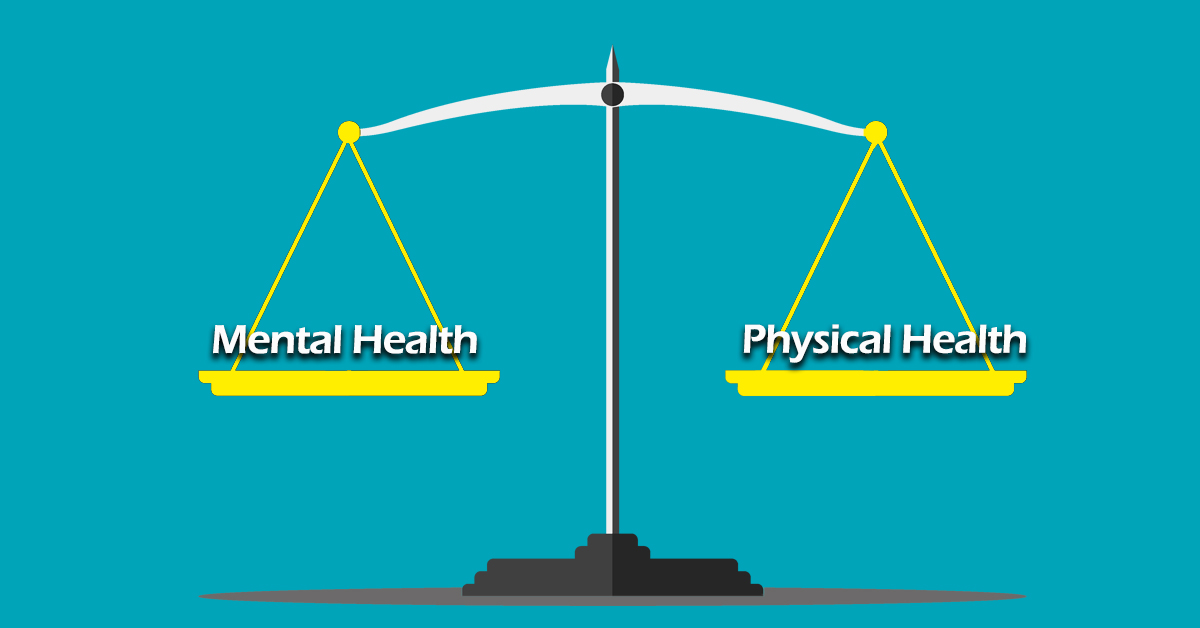Image Source: Google
In recent years, there has been a growing awareness of the importance of mental health and the need for equal treatment in healthcare. However, despite the efforts to improve mental health parity, there are still barriers that prevent individuals from receiving the quality care they deserve. One such barrier is the imposition of Non-Quantitative Treatment Limitations (NQTLs) by insurance companies. Understanding NQTLs and their impact on mental health parity is crucial in breaking down these barriers and ensuring that individuals have access to the care they need.
What are NQTLs?
Non-Quantitative Treatment Limitations (NQTLs) are restrictions imposed by insurance companies on the type or scope of benefits for mental health and substance use disorder treatments. Unlike Quantitative Treatment Limitations, which include numerical limits such as visit caps or day limits, NQTLs are less transparent and can be more subjective. Some examples of NQTLs include:
- Prior authorization requirements
- Step therapy protocols
- Provider network adequacy
- Medical necessity criteria
Impact on Mental Health Parity
NQTLs can create significant barriers to accessing mental health care and may lead to disparities in coverage compared to medical/surgical benefits. The following are ways in which NQTLs can impact mental health parity:
- Increased out-of-pocket costs for mental health services compared to medical services
- Restricted access to certain mental health providers due to narrow networks
- Lengthy approval processes for mental health treatments leading to delays in care
- Denials of coverage for mental health treatments based on subjective medical necessity criteria
Legal Framework for Mental Health Parity
The Mental Health Parity and Addiction Equity Act of 2008 (MHPAEA) aimed to eliminate disparities in insurance coverage for mental health and substance use disorder treatments. The law requires that mental health benefits be on par with medical/surgical benefits in terms of coverage limits, cost-sharing, and treatment limitations. However, the enforcement of MHPAEA has faced challenges, particularly in regulating NQTLs.
Challenges in Regulating NQTLs
Despite the legal requirements of MHPAEA, regulating NQTLs has proven to be challenging due to the following reasons:
- NQTLs are often subtle and difficult to quantify
- Insurance companies may apply NQTLs inconsistently or arbitrarily
- Lack of transparency in how NQTLs are determined and applied
- Limited oversight and enforcement mechanisms
Breaking Down Barriers to Quality Care
To ensure mental health parity and break down barriers to quality care, it is essential to address the issue of NQTLs effectively. The following strategies can help in this regard:
Increased Transparency
Insurance companies should be required to provide more clarity on the NQTLs they impose and how they impact mental health coverage. This includes disclosing the criteria used for determining medical necessity, provider network adequacy, and other limitations.
Consistent Enforcement
Regulators should strengthen enforcement mechanisms to ensure that insurance companies comply with the requirements of MHPAEA regarding NQTLs. This may involve conducting audits, imposing penalties for non-compliance, and providing guidance on best practices.
Consumer Education
Individuals should be educated on their rights under MHPAEA and how to advocate for equal coverage of mental health services. This includes understanding their insurance benefits, appealing denials of coverage, and seeking help from mental health parity advocates if needed.
Advocacy Efforts
Advocacy groups and policymakers play a crucial role in advocating for mental health parity and addressing the barriers posed by NQTLs. By raising awareness, pushing for legislative changes, and holding insurance companies accountable, they can help improve access to quality mental health care.
Conclusion
Non-Quantitative Treatment Limitations (NQTLs) represent a significant barrier to achieving mental health parity and ensuring that individuals receive the quality care they need. By understanding the impact of NQTLs, advocating for transparency and enforcement, and empowering consumers to assert their rights, we can break down these barriers and improve access to mental health services for all.
